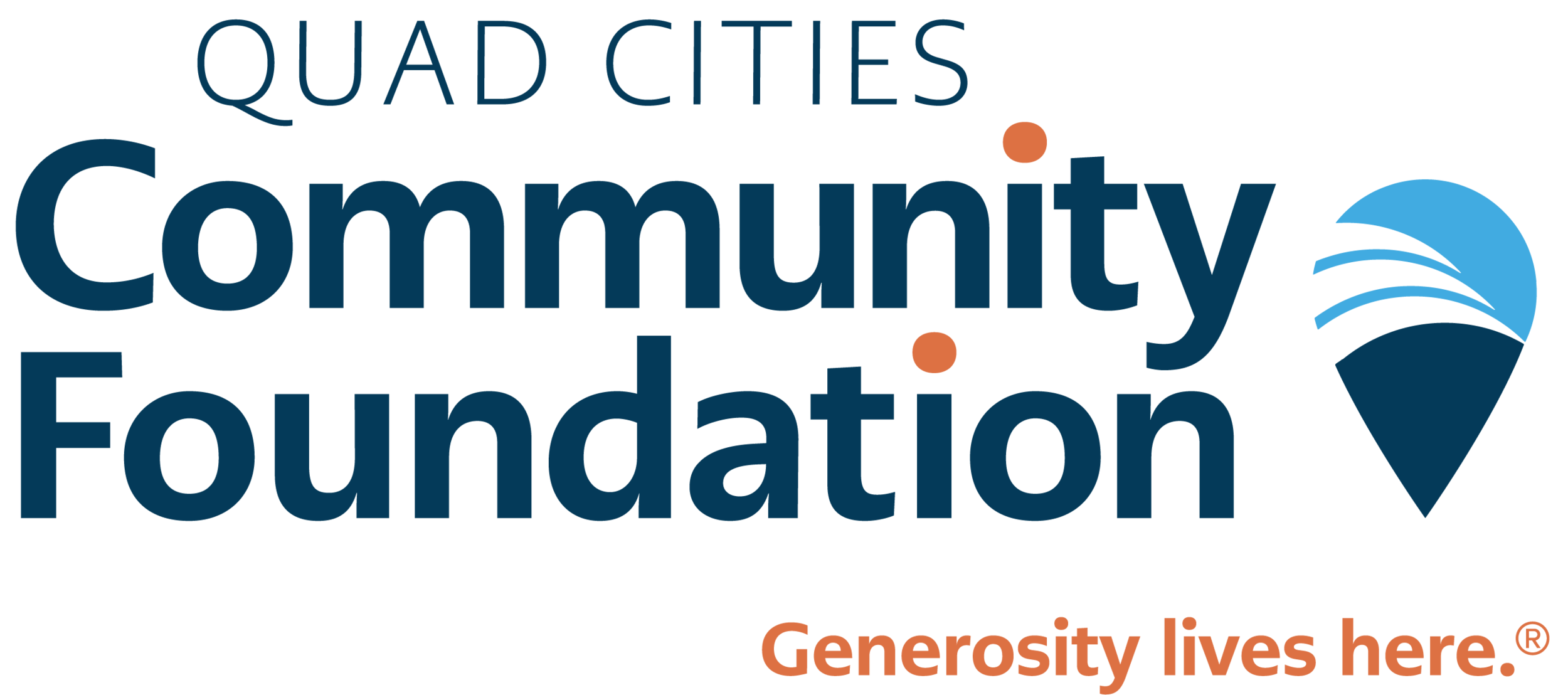The power of the nonprofit sector
By Kelly Thompson
Vice President of Grantmaking and Community Initiatives
A survey of the nonprofit sector in the Quad Cities to explore the financial and operational impacts of the pandemic on the sector released this fall were stark but not surprising. And as I reflect on this year, I am reminded of the power of the nonprofit sector to both respond to pressing needs and rise to meet the greatest opportunities we have in the Quad Cities region.
In my role as vice president of grantmaking and community initiatives at the Quad Cities Community Foundation and as a member of Disaster Ready Quad Cities, there are learnings that I think are critical for our community to know so that, collectively, we can continue to support our community in effective, transformative ways.
Here’s the headline: Three-quarters of responding Quad Cities nonprofits are still operating at or above pre-pandemic capacity—providing the same or greater services as before. That’s good news and speaks to the determination of nonprofits to fulfill their missions. However, two-thirds of responding Quad Cities nonprofits have also brought in less money than usual this year, decreases both in fundraising and in other sources of revenue, like earned income, contracts, or endowment income.
Most heartbreaking, because our sector accomplishes impact through our people, nearly 60 percent of responding Quad Cities nonprofits have reduced staff through furloughs, layoffs, or attrition. Of greatest concern to the nonprofit leaders I’ve talked to is the impact on staff, especially the burnout that is happening now and the greater demand for services that will continue due to the lingering effects of economic and educational disruptions now—and into 2021.
In short, nonprofits are doing more with less. We know, in reality, that nonprofits have always done this, but that’s not how it should be. The nonprofit sector is a crucial part of our Quad Cities community and economy. Nonprofits make up 10 percent of our local workforce, in everything from arts to basic needs to education to health and beyond. Nonprofits provide critical support to all of our local workforce and residents, help make this a vibrant community with great quality of life, and as we saw this year, form a network of crisis response when disaster strikes. It’s dangerous for our community to risk losing that critical infrastructure.
We don’t want nonprofits doing more with less—we must step up to support them to do their best work. We do that through the sharing of our time, by advocating for larger-scale solutions to local issues, and through the contributions we make to nonprofits directly and to the Quad Cities Disaster Recovery Fund.
Your time and your dollars help nonprofits respond to community needs and opportunities in an effective, innovative, and nimble manner, adjusting to provide services and amenities to our community in a safe and responsive way. A few examples:
River Music Experience developed Curbside Concerts and Curbside Carols to continue to bring live music to audiences, even if it’s in their driveways. Many other arts organizations have also turned to alternative performance approaches, whether outdoors or virtual.
Humility Homes and Services, The Salvation Army of the Quad Cities, and other homelessness services providers shifted from congregate shelters to hotels, providing not only safety but dignity and demonstrating strong coordination and collaboration.
The River Bend Foodbank and its many partner food pantries have distributed far more meals than any previous year, and also brought more fresh dairy and produce to Quad Citizens by taking advantage of the federal Farmers to Families program.
For each of these examples, there are hundreds of more ways that Quad Cities nonprofit organizations have shown up for us all this year like they always do. As you consider the ways you will be generous at the end of this year, and into 2021, know that every dollar you give will leave an indelible imprint on the lives of your neighbors, your friends, complete strangers, and yes, your community.

